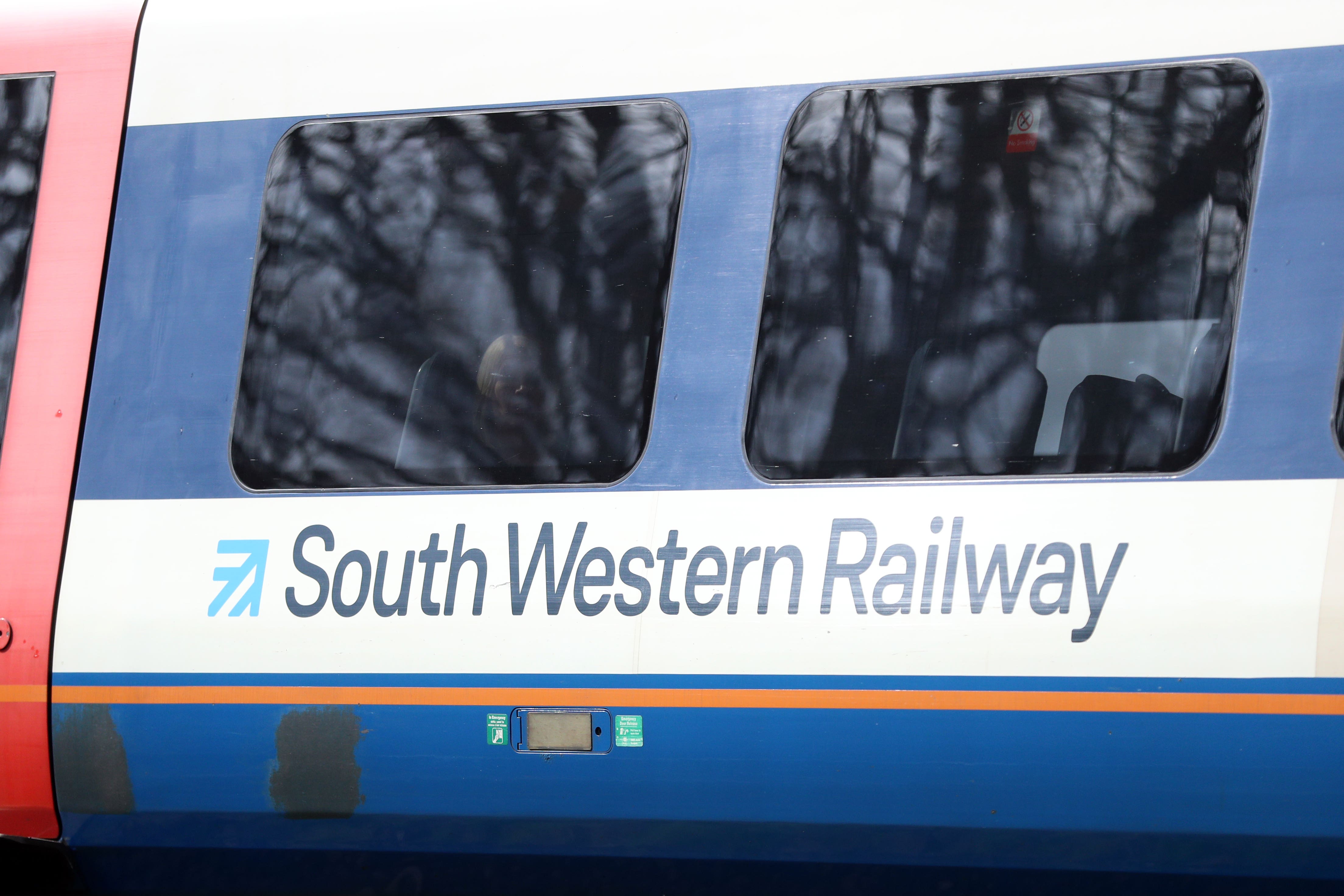What’s the point of publicly owned railways if train fares don’t go down?
Labour’s manifesto promise to take the railways back into state ownership was superficially popular – but, given the industry is already mostly renationalised, commuters won’t feel much benefit, says John Rentoul
It is nearly 30 years since Tony Blair rewrote Clause IV of the Labour Party’s constitution. It committed the party – on paper, at least – to “secure for the workers, by hand or by brain, the full fruit of their labours”, in wonderful language that I can still recite from memory, “upon the basis of the common ownership of the means of production, distribution and exchange”.
That phrase, “common ownership”, was regarded by many in the party – and by many of the party’s enemies – to mean nationalisation, by which the state would own the public corporations that run services, especially those with features of a monopoly.
The railways have been at the heart of the ideological debate about nationalisation ever since the John Major government went where Margaret Thatcher feared to tread and privatised the industry in 1994, the year before Blair replaced “common ownership” with a promise to put “power, wealth and opportunity … in the hands of the many, not the few”.
Rail privatisation was a partial success, although most people do not think so. It allowed a lot of investment that the Treasury would never have authorised, and coincided with a tripling of passenger numbers. Opponents of privatisation claim that rail use would have increased if the industry had remained in the public sector, as road congestion worsened and people became better off. But it didn’t happen on the same scale in other countries, so I adhere to my unpopular opinion.
But it was only a partial success. The industry remained subsidised, and after the Hatfield train crash in 2000, which required costly safety improvements, Railtrack, which owned the rails and stations, was taken back into public ownership. In 2018, the East Coast Main Line franchise was renationalised, when Virgin gave up trying to run it at a profit. Public ownership was initially intended by the Conservative government to be temporary, but no private sector contractor was prepared to take it on.

During coronavirus lockdowns, when traffic collapsed, most remaining franchises were bailed out by the government, on terms that meant the entire industry was more or less nationalised.
So Labour’s manifesto promise to take rail back into public ownership meant rather less than it seemed. It gave the new government something to do in parliament, passing a law to set up a new organisation called Great British Railways, but the rail industry is mostly renationalised already.
Those who imagine that the spectre of Corbynism is haunting the nation are mistaken, therefore. Louise Haigh, the former transport secretary, may have wanted to give that impression. She wanted to appeal to those in the Labour Party who still yearn for the state to control the commanding heights of the economy.
But it is not going to happen. Keir Starmer, who won the Labour leadership on a promise of the “common ownership of rail, mail, energy and water”, later backed off renationalising everything except the first. He retreated on the pragmatic grounds of costs and priorities. He recognises that, although many renationalisations are supported, at a superficial level, in opinion polls, they are not the best use of public resources or ministerial time – except for rail, which is in effect already nationalised.
At Prime Minister’s Questions today, Starmer used the shallow popularity of the public ownership of rail to claim that the formal takeover of South Western Railway next year will “turn the page on decades of delay, frustration and failure”.
It will do no such thing, of course. Heidi Alexander, the new and more pragmatic transport secretary, confirmed that fares will continue to rise on the brave new publicly owned railway. So much for the popular but mistaken view that public ownership would magically cut fares.
So, no, the return of South Western Railways, c2c and Greater Anglia to the public sector do not herald the wider return of nationalisation. On the contrary, they are the death rattle of the old Clause IV.
Join our commenting forum
Join thought-provoking conversations, follow other Independent readers and see their replies
Comments